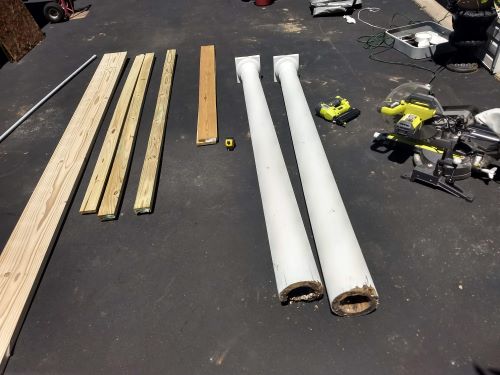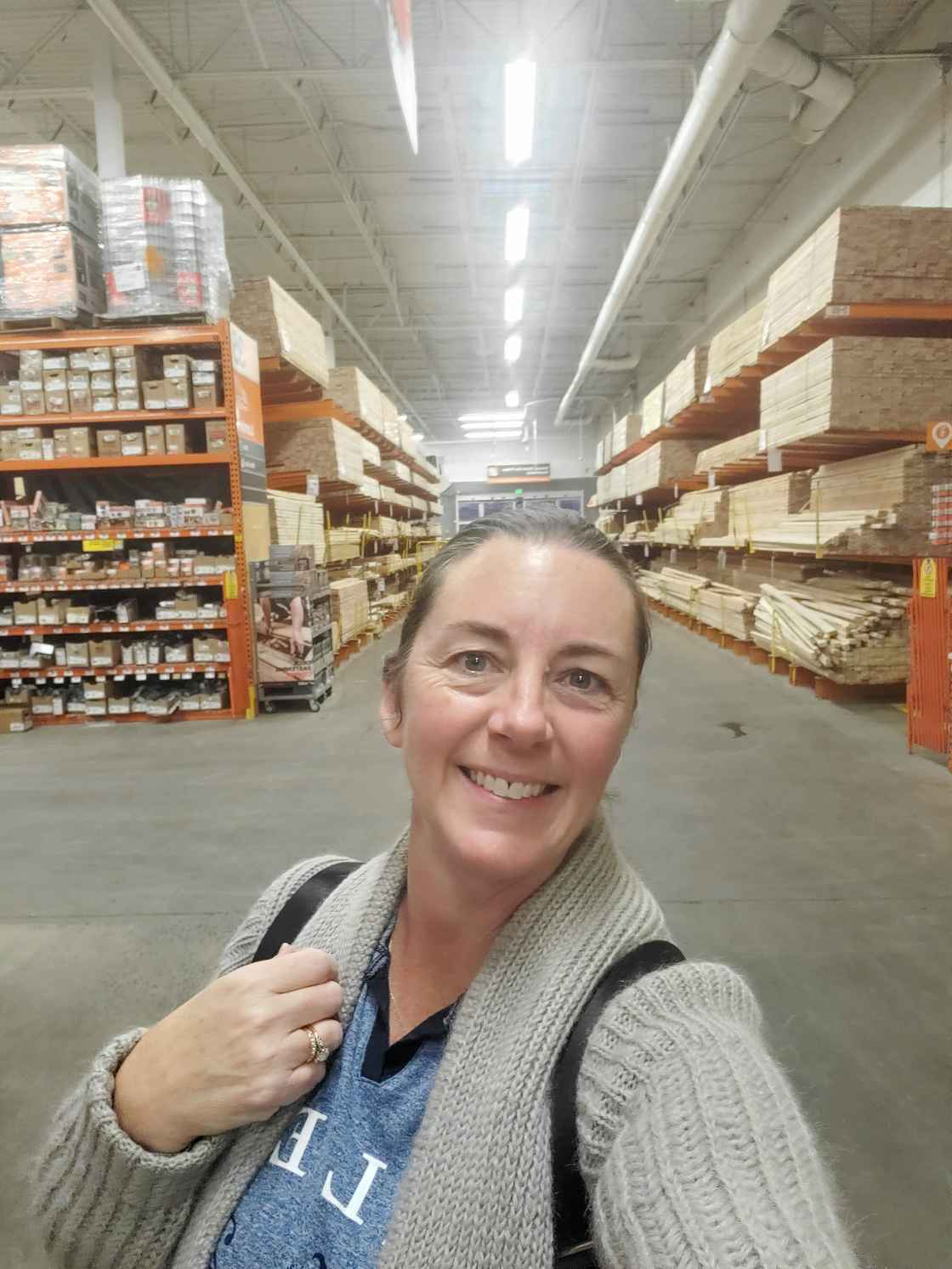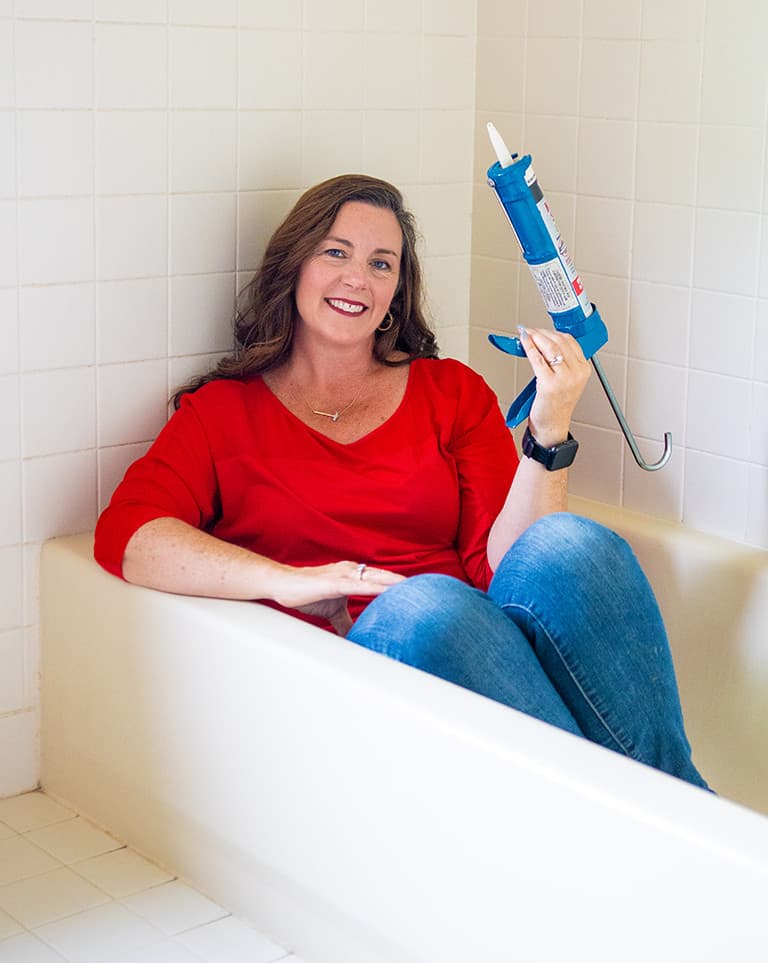Are You Contractor Savvy?
As an avid Do-It-Yourselfer and DIY educator, I applaud the homeowners who tackle projects and improvements themselves. They save money, grow their skills and feel empowered by what they have done. I know the DIY way is not for everyone; I am working to change that. But whether you are the homeowner who fears the DIY route or the weekend warrior who knows when she is in over her head, it is important that you have the knowledge and assertiveness to deal well with contractors, painters, repairmen or builders.
Contractors and builders, like any professional, speak their own language and sometime assume you know how this or that works, much like when your MD uses medical jargon. Being a smart homeowner though, means you need to ask questions, be informed and be your own advocate. Too often homeowners are blindsided by poor communication, unexpected price increases and overall exasperation from a project gone terribly wrong! Making a home improvement often takes homeowners into uncharted territory. Here are some items to address before you let work begin on your most valuable financial asset – your home!
License and Insurance Ma’am
Ask to see the license and insurance declaration for every contractor you interview. Licensing does not prove quality or craftsmanship but it lets you know that no formal grievance has been filed against this company. Do not work with an uninsured provider. If problems arise, you bear responsibility and may have issues with your home’s insurer.
Permits
The contractor usually obtains permits from the township or municipality. Sometimes you as homeowner have to acquire one. Some projects may not need permits, but contact your township code enforcement if unclear. Many township websites have a list of projects that need permits
Materials
Ask who is providing materials, the contractor or you (some contractors will let customers buy their own materials called COM). Ask how material costs are being incorporated into bill.
Costs
Ask for a detailed estimate for the project with cost by labor vs. materials.
You can often cut costs 15% or more by buying your own materials
Ask if overages in materials are returnable
Understand your payment options; cash, check, credit
Ask for payment schedule: deposit and final payment
Guarantees
Have in writing, the warranties or guarantees the contractor gives on labor and the materials that are used/installed:
How long is labor guaranteed?
What are manufacturer’s guarantees on products used?
Make sure you are given product warranty information. Be sure to cut lids off tile boxes and appliances, get manuals and registration postcards, and ask for receipts with items listed. You may need this info for parts or replacement later.
Staff
Understand who will be on-site and in charge of your job each day. Get a name and cell phone/pager number of your direct contact. A direct contact person should be able to answer all your concerns and keep you informed of schedule changes or material issues.
History
Ask these tough questions. Have you or your company ever been sued before? Have you operated under another business name? Courthouse records are available if you have concerns. Some contractors will close down shop and open under another name to avoid lawsuits.
Get Second Opinion
Always get at least 2 estimates or bid on a project. The cheapest or the most expensive job is not always the best choice. Try to compare estimates fairly. I often advise women to have another friend or a male friend present when meeting with contractor to review project. Some men, even innocently, will patronize a female home owner. There is power is numbers and it is helpful if someone else is present to help clarify concerns.
Supervise
This is your home! Supervise your project as much as you can, within reason. Ask questions about what they are doing and why. Contractors will perform better when they know the homeowner is on top of the project! Ask questions so you can educate yourself. Try not to get in the way so much as too slow them down. Time is money after all!
BE YOUR OWN ADVOCATE
This project involves your home, your greatest financial investment, and it is up to you to research, ask questions and make informed decisions.









